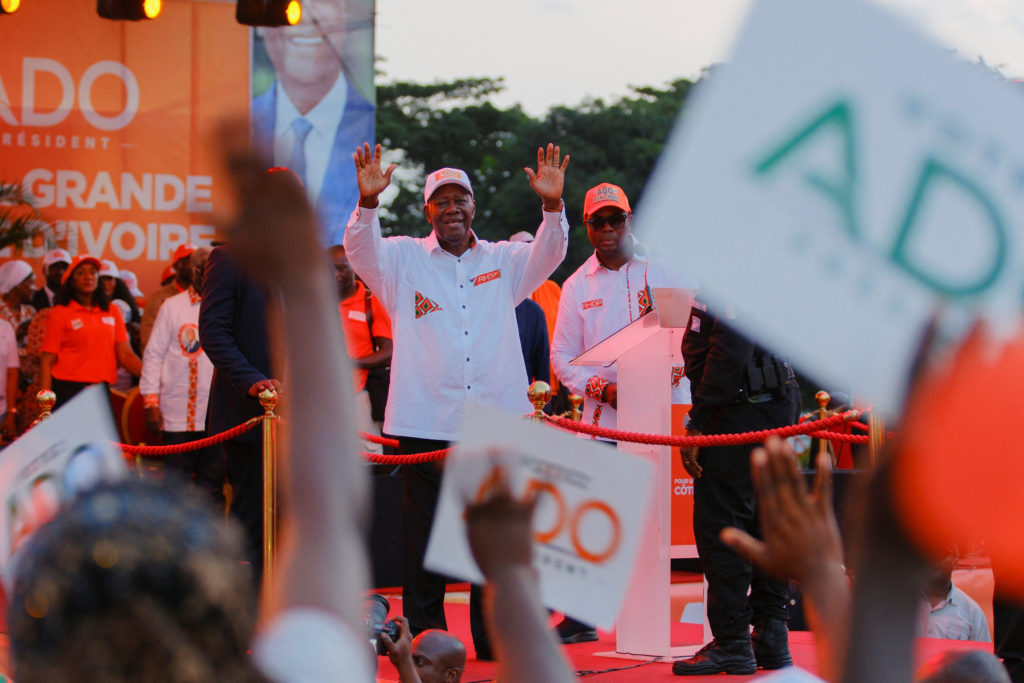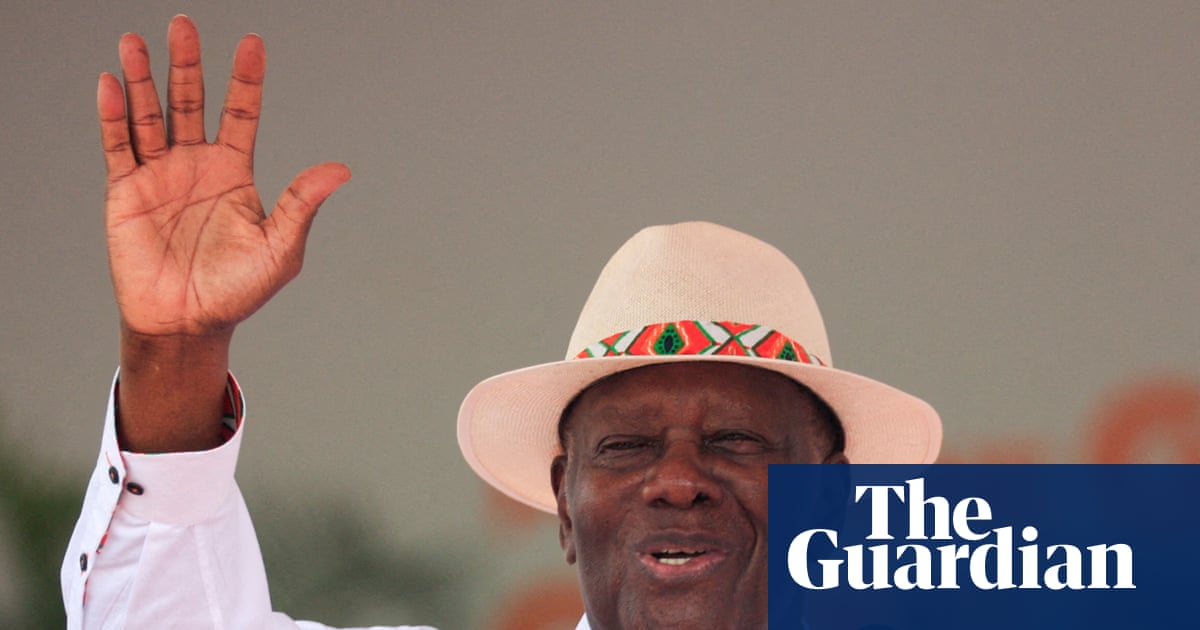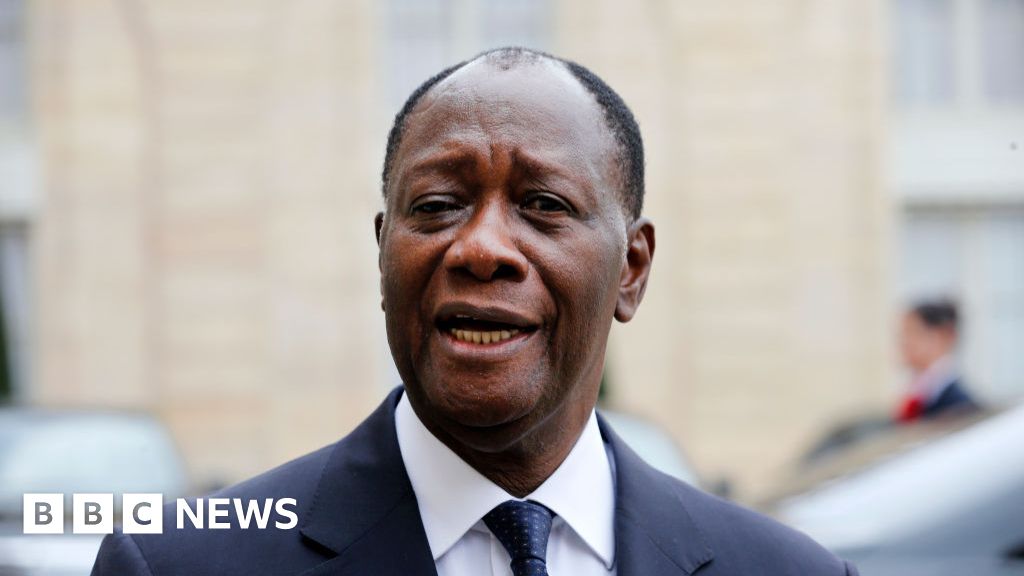Ivory Coast's Ouattara Secures Fourth Term Amid Opposition Boycott and Low Turnout
President Alassane Ouattara won a fourth term in Ivory Coast with 89.8% of the vote. His victory followed the barring of main rivals and an election marked by approximately 50% voter turnout.
Subscribe to unlock this story
We really don't like cutting you off, but you've reached your monthly limit. At just $5/month, subscriptions are how we keep this project going. Start your free 7-day trial today!
Get StartedHave an account? Sign in
Overview
- President Alassane Ouattara secured a fourth term as Ivory Coast's president, winning a landslide 89.8% of the vote in the recent election.
- His victory followed the barring of two main political rivals from running, significantly weakening the opposition's presence in the presidential race.
- The election was marked by a low voter turnout, estimated at approximately 50%, with reports indicating empty streets during the polling period.
- Ouattara's re-election was largely uncontested due to the exclusion of major candidates, leading to a less competitive electoral environment.
- The electoral commission confirmed these results, solidifying Ouattara's continued leadership despite the controversies surrounding the election process.
Report issue

Read both sides in 5 minutes each day
Analysis
Center-leaning sources frame the Ivory Coast election by immediately contextualizing President Ouattara's win with the barring of key challengers and the opposition's boycott. They emphasize the low voter turnout and the controversial constitutional changes that allowed him to seek a fourth term, collectively suggesting a narrative of an election lacking full democratic legitimacy despite the official results.
Articles (3)
Center (1)
FAQ
Tidjane Thiam was removed from the electoral list due to acquiring French nationality, and Laurent Gbagbo was barred because of a criminal conviction, leading to their exclusion from the race.
The voter turnout was approximately 50%, similar to the 2020 presidential election where the opposition also boycotted, resulting in low participation.
The election featured protests against the bans, hundreds of activists arrested, reports of kidnappings, and six deaths linked to the election were reported by the Ivorian Human Rights Commission.
Ouattara's party, the Rally of Houphouëtists for Democracy and Peace (RHDP), controls the majority of communes (123 out of 201), regions (25 out of 31), and holds a majority in the National Assembly (137 out of 255 seats), demonstrating strong dominance.
Ouattara secured about 89.8% of the vote amid a less competitive election due to the exclusion of major opponents, leading to a largely uncontested reelection.
History
- This story does not have any previous versions.


